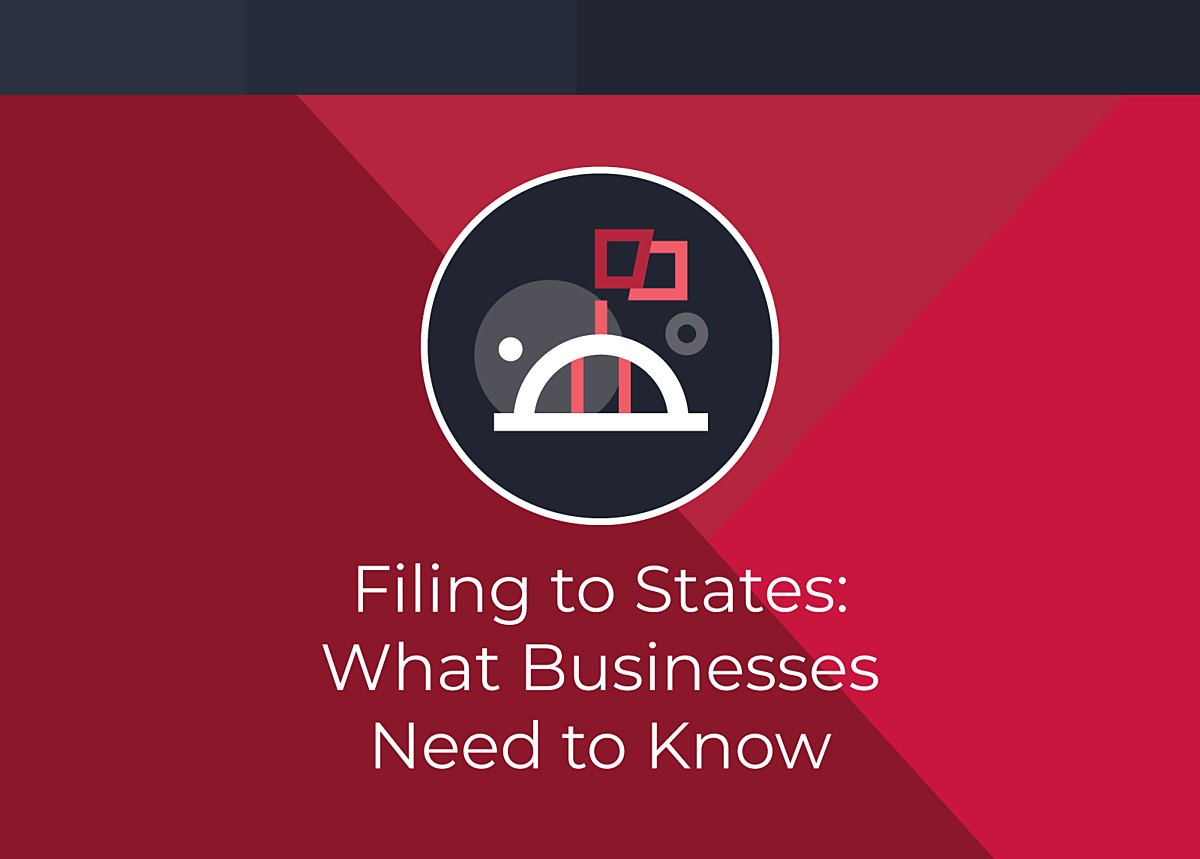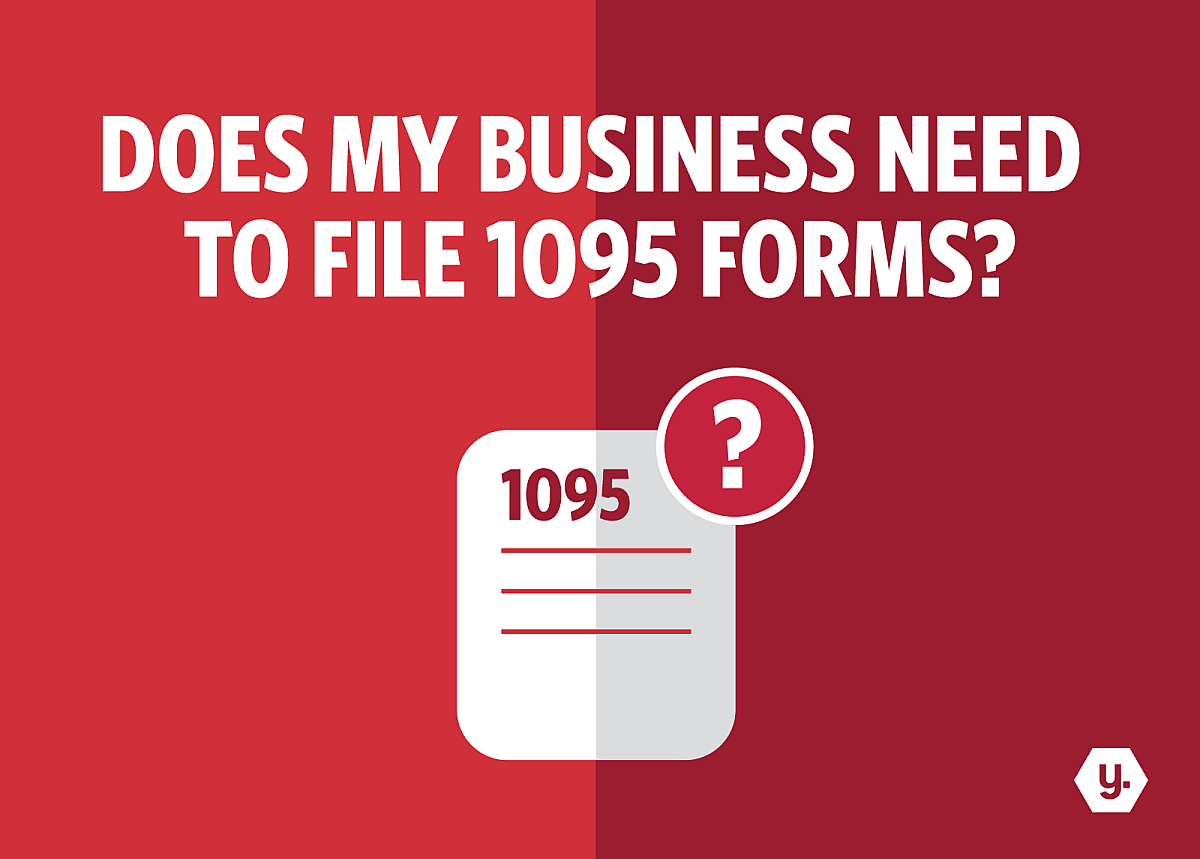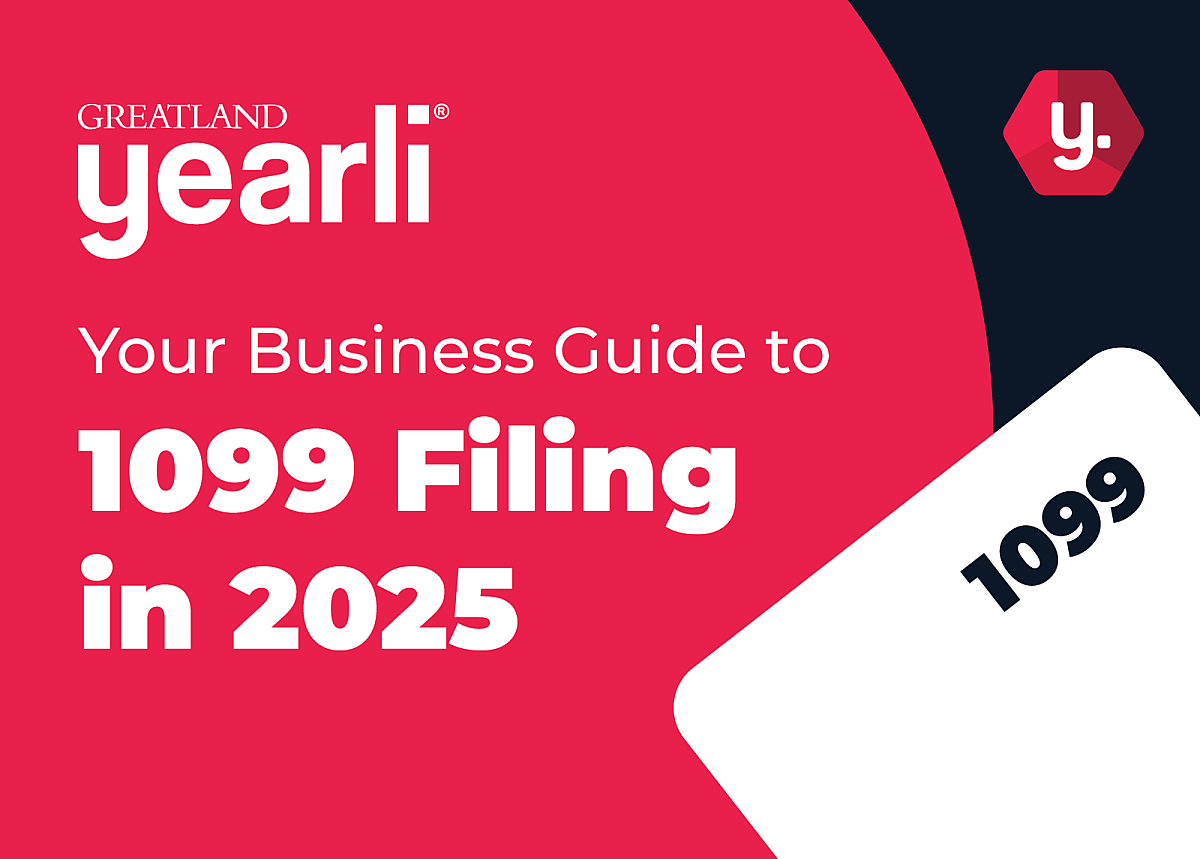
Filing to States: What Businesses Need to Know
Running a business comes with many challenges and among them is navigating the complex state filing obligations.
Most states have W-2 and 1099 filing requirements that are separate from federal filing requirements, which can be confusing and burdensome for some businesses. And, thanks to shifting deadlines and evolving state-specific requirements, the tax landscape continues to grow increasingly complicated.
Without the right tools and resources in place, businesses may find themselves in non-compliance and hit with unwelcome fines and penalties. Let’s take a closer look.
Evolving State-Specific Obligations
Tax filing requirements vary by state and keeping in step with changes can be difficult. In fact, several states have already announced a few changes for tax season 2021, and more changes are likely on the horizon.
As of press time, Hawaii, for instance, has changed its W-2 filing due date for businesses to Jan. 31. The due date was previously Feb. 28. Today, most states have a W-2 filing due date of Jan. 31, which falls in line with the federal due date.
“The due date for the W-2 and Form 1099-MISC (now Form 1099-NEC) reporting non-employee compensation was moved up to January 31. The purpose was that agencies wanted to receive that income information prior to processing income tax returns because then they could validate that income tax return against actual W-2 or 1099-MISC/NEC form data. Once the federal government moved their due date up, the majority of the states followed suit right away to implement a Jan. 31 deadline,” said Janice Krueger, subject matter expert for Greatland.
In other news, Delaware has announced plans to now require an Annual Withholding Reconciliation Form (WTH-REC) for e-filing. In 2020, WTH-REC (formerly known as the Delaware W-3 Form) was optional, but it is now required when e-filing to the state.
State Individual Mandates
Separately, a handful of states have implemented individual health coverage mandate laws and some additional states are considering a similar move, adding yet another layer of complexity in state filing requirements.
The individual mandate at the federal level, which took effect in 2014, required most people to obtain health insurance or pay a tax penalty. It proved to be one of the ACA’s most controversial provisions, and tax legislation enacted in December 2017
effectively repealed that requirement, starting in 2019.
Since then, some states have employed their own type of individual mandate. Complying with the state filing requirements provides a way to prove to the state agency whether a person has proper health care coverage or not. If covered, the individual will avoid being assessed the state individual shared responsibility payment.
Those states that have an individual health mandate are:
Washington D.C., New Jersey, California, Vermont, Rhode Island and Massachusetts. In Vermont, however, there is no reporting requirement.
Other states are considering individual mandates as well, but no definitive information was available as of press time.
Employers with an employee in one of the states with a mandate must comply with new state filing requirements or, in some cases, risk a penalty.
“Even if the individual lived in one of those states for a month, or half a year, or whatever the case might be, there is a reporting requirement. The main item to remember in all of this is filers do not have to be located in one of these four states to have a filing requirement,” Krueger said.
For example, a self-insured employer based in Michigan (a state with no individual mandate) that employs some employees in New Jersey would have a reporting obligation to New Jersey because New Jersey does have an individual mandate.
It’s important to note that if a provider is filing to California, Washington D.C., New Jersey or Rhode Island they must furnish a copy of Form 1095-B to the recipient in order to comply with the state mandate. In other words, a provider cannot simply post a notice on their website and enable a recipient to request a copy of Form 1095-B for those four states. In these states, the provider must furnish a copy of the form to be in compliance.
Given this, providers may find it easier and more efficient to furnish all recipients with a Form 1095-B rather than trying to determine which recipients live in California, Washington D.C., New Jersey or Rhode Island and need to be provided a copy of the form versus those that live in a state in which posting a notice on the website would meet the compliance requirements.
Are you left wondering how to ensure that all of your ACA filing requirements are met this filing season? If so, you’re not alone. All state ACA is handled by sending forms or e-filing directly with the state. Therefore, the easiest and most cost-effective way for businesses to ensure that all of their ACA filing requirements are met is to leverage an all-inclusive filing platform.
The Importance of Direct State Filing
Ensuring that all ACA filing requirements are met is just one reason why businesses should consider a comprehensive solution that supports a direct state filing method. Enter Form 1099-NEC.
Beginning in tax year 2020, one significant change was the new Form 1099-NEC. The 1099-NEC form separates out non-employee compensation from other sections of the 1099-MISC.
Now, any business, regardless of size, that pays at least $600 for services performed in the course of their trade or business by a person who is not their employee is required to file Form 1099-NEC by Jan. 31 of the following year.
The IRS announced, however, that 1099-NEC will not be included in the 1099 Combined Federal/State Filing Program (CF/SF).
Under the CF/SF Program, the IRS forwards data from a number of key forms to the appropriate states, but is not doing so for Form 1099-NEC. The move sparked concerns that businesses could miss key state filing deadlines, leading to unexpected penalties.
As reported by the American Payroll Association (APA), the APA has asked the IRS to reconsider use of the CF/SF Program for 2021 filing of Form 1099-NEC beginning in early 2022.
In response to the APA, Eric Hylton, the now former IRS Small Business and Self-Employed Division Commissioner, was quoted as saying, “We are pursuing the necessary system changes for inclusion of the Form 1099-NEC into the CF/SF Program;
however, due to several competing programming priorities, we cannot commit to a timeframe for implementation. This request will be prioritized with other competing information technology requests and will be implemented as resources permit.”
This means 1099-NEC filers need to continue to find a state filing option separate from the CF/SF Program, and it further underscores the importance of leveraging a comprehensive solution that supports a direct filing method.
Not every state participates in the combined federal/state filing program. All states, on the other hand, support direct state filing.
Furthermore, the CF/SF Program has many limitations and businesses need to be certain that the data is received by the state agencies in a timely fashion, and that all state filing deadlines and reconciliation requirements are met.
And, due to the prevalence of fraud, states want data sooner in order to match this data with the individual income tax returns before issuing any refunds. The combined federal/state filing program can take months to deliver the data to states, which does not help with fraud prevention.
That’s why it is important to consider a solution like Yearli by Greatland, a comprehensive online W-2 and 1099 reporting platform. Yearli.com will help identify an employer’s state filing requirements for either the state where they do business, or the state where their employee or contract worker lives.
Yearli.com offers state filing services for both W-2 and 1099 forms, and also supports reconciliation forms for states. It’s also fast.
The Yearli.com state filing program delivers data to state agencies
within two business days of the required deadline, and will provide the exact date and time the data was sent to the state.
Conclusion
Businesses face a host of operating challenges but keeping pace with regulatory changes and ensuring state filing compliance doesn’t have to be one of them with the right tools and resources in place.
If you haven’t done so already, consider leveraging an all-inclusive W-2, 1099 and 1095 filing program. Greatland, for instance, maintains close working relationships with government agencies and its Yearli platform will help identify your specific requirements. Through Yearli.com, all of the data is sent to the appropriate state agency in the required format with just a few clicks. And throughout the entire process, Yearli.com will also provide updates on the status of the filing — a service unique to Yearli.
“With tax reporting, change is inevitable and penalties are high for non-compliance so it’s important to rely on a trusted resource to keep employers up to date on the changes,” Krueger said.
Latest News
-
 November 25, 2025
November 25, 2025New Alternative Furnishing Method for Forms 1095-B and 1095-C Comes with Complexities
The IRS has updated the Affordable Care Act (ACA) reporting process for Forms 1095-B and 1095-C. These changes aim to reduce administrative costs and simplify reporting, but they also create new compliance challenges for employers and health insurance providers.Read More -
 October 8, 2025
October 8, 2025Your Business Guide to 1099 Filing in 2025: Deadlines and Compliance Tips with Yearli
Businesses must prepare for 2025 IRS 1099 filing by understanding key deadlines for Forms 1099-NEC and 1099-MISC and leveraging e-filing tools like Yearli to stay compliant. This guide outlines important dates, recent IRS updates, and practical tips to avoid penalties and streamline the filing process.Read More -
December 30, 2024
Understanding Form 1099-DA: A Comprehensive Guide to Filing for Digital Asset Transactions
As the use of digital assets like cryptocurrencies and non-fungible tokens (NFTs) continues to grow, so does the need for clear tax reporting guidelines. To address this, the IRS has introduced Form 1099-DA, which will be required starting in 2025.Read More
